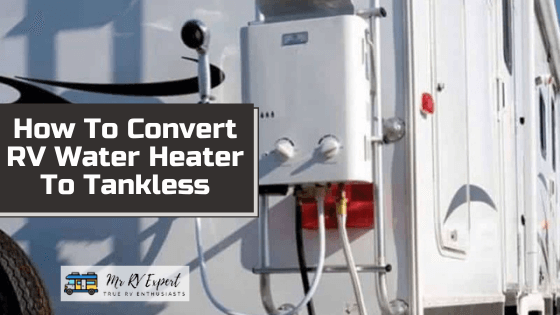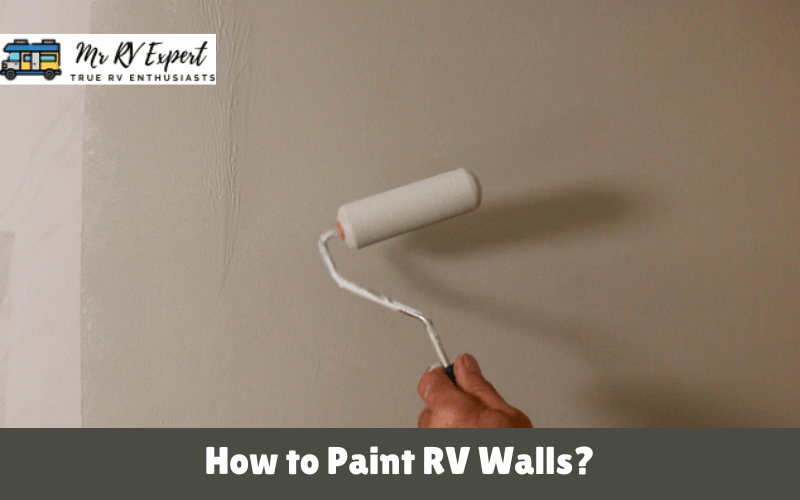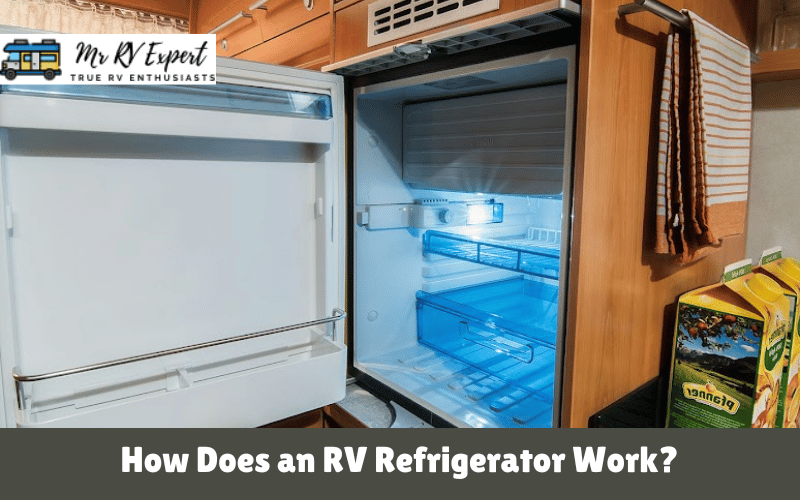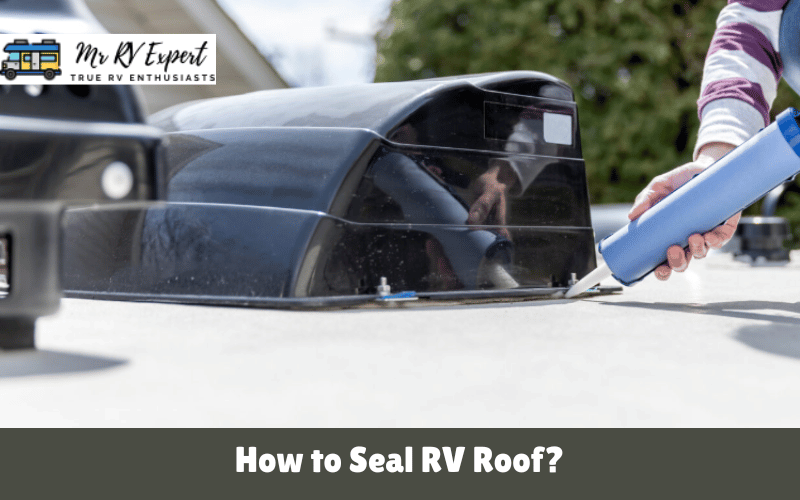RVs are renowned for being compact homes that provide all the necessary amenities, just like a regular house, including a kitchen, beds, electricity, water, and more. People often use RVs for travelling around the world for several days, and many enjoy living in an RV to be closer to nature. One crucial resource for RV living is water, which is essential for cleaning, cooking, bathing, and various other purposes. While using a water heater in an RV is vital, opting for a tankless water heater can be quite expensive. If you’re interested in learning how to convert your RV water heater into a tankless system on your own, and at a low cost, continue reading this guide to discover how you can make this conversion.
Table of Contents
Advantages of A Tankless Water Heater
In this modern age, the use of tankless water increasing day by day by becoming famous. The tankless water heater has several advantages for an RV, which we explain in the below section.
1) Clean Hot Water
Getting clean water while traveling is the most challenging because there are many areas where you cannot get clean water, or in cold areas, it is challenging to get hot water. But having an electric tankless water heater in RV makes your life easier and more relaxing. But storing it for a long makes it dirty with time. That’s why having a tankless water heater will provide you with clean water.
2) Efficiency
One of the key benefits of a tankless water heater is its efficient energy utilization, which leads to reduced gas consumption. This translates to energy savings and cost savings on fuel expenses. Considering the fluctuating prices of gas, a tankless water heater serves as an excellent investment for conserving energy and optimizing your budget.
3) Space requirement
RV spaces are highly optimized for every accessory, allowing efficient management of essential items within limited areas. One valuable addition is a tankless water heater, which occupies minimal space and eliminates the need for extra corners. With a tankless system, you can save the space typically reserved for a tank and heater, making it a practical choice for RV setups.
How To Convert RV Water Heater To Tankless
There are several benefits of having a tankless water heater in an RV. In this section, we tried to guide you on how to convert an RV water heater to tankless on your own. You need to follow these steps.
1) Electricity
To ensure safety, it is important to begin by turning off the propane tank using a water supply. This step should be completed before proceeding to the next steps. Once the tank is turned off, disconnect the elasticity and gas connections. Securely position the heater outside of the RV. If you need to install a new tankless heater in a different RV, locate the precise spot for installation efficiently. In the case of an older water heater, utilize a drill to remove it by unscrewing it.
2) Sealing
To proceed, simply use a caulking scraper to seal the new heater. This process requires minimal effort. Thoroughly scrape the sealing, paying special attention to the corners. Once complete, carefully transport the heater to its intended installation location, taking care to protect both the RV’s paint and the heater itself.
3) Cleaning
If you replaced the older one with a new heater, you must clean the place before fixing it. Clean the debris or Algae etc., with a scraper or caulk. Also, clean the dust and mold, etc.
4) Size
To ensure the perfect fit, it is important to measure the dimensions of the heater before digging a hole outside the RV for installation. Similarly, when replacing the heater, purchase a new one with the same dimensions as the previous unit, eliminating the need to dig a new hole.
Popular Tankless Heaters in The Market
Several tankless heaters are available in the market, but great heaters from the list are for your convenience.
1) LPG Gas Water Heater
This heater offers the remarkable advantage of venting-free technology, eliminating the need for costly fuel. For extended usage of your water heater, we recommend purchasing an LPG tankless water heater due to its exceptional reliability. The company provides a lifetime warranty for added peace of mind. Moreover, the heater incorporates low water pressure technology, requiring just two psi to initiate startup.
2) Ecotype L10 Tankless Water Heater
The Ecotemp water heater is specifically designed for recreational vehicles (RVs), including minivans, trucks, and tankers. One of its outstanding features is its user-friendly design. The manufacturing process incorporates a 9-inch gas regulator and hose, ensuring excellent performance. In case of an automatic gas system malfunction, the heater offers a reset option for the settings. Additionally, a manual system is available, allowing users to deactivate it if not needed. Furthermore, the tankless water heater is lightweight, making it easy to install in an RV. Another notable advantage is that the heater includes battery charging, eliminating the need for an electricity connection.
Conclusion
An RV water heater is crucial for travelers as clean water may not always be available. Dirty water can pose health risks, making it essential to have access to hot water while on the road. However, traditional tankless water heaters can be expensive, making them inaccessible for some. This guide aims to provide information on how to convert an RV water heater to a tankless one, offering numerous benefits. For complete details, please read the article.
[kkstarratings]








